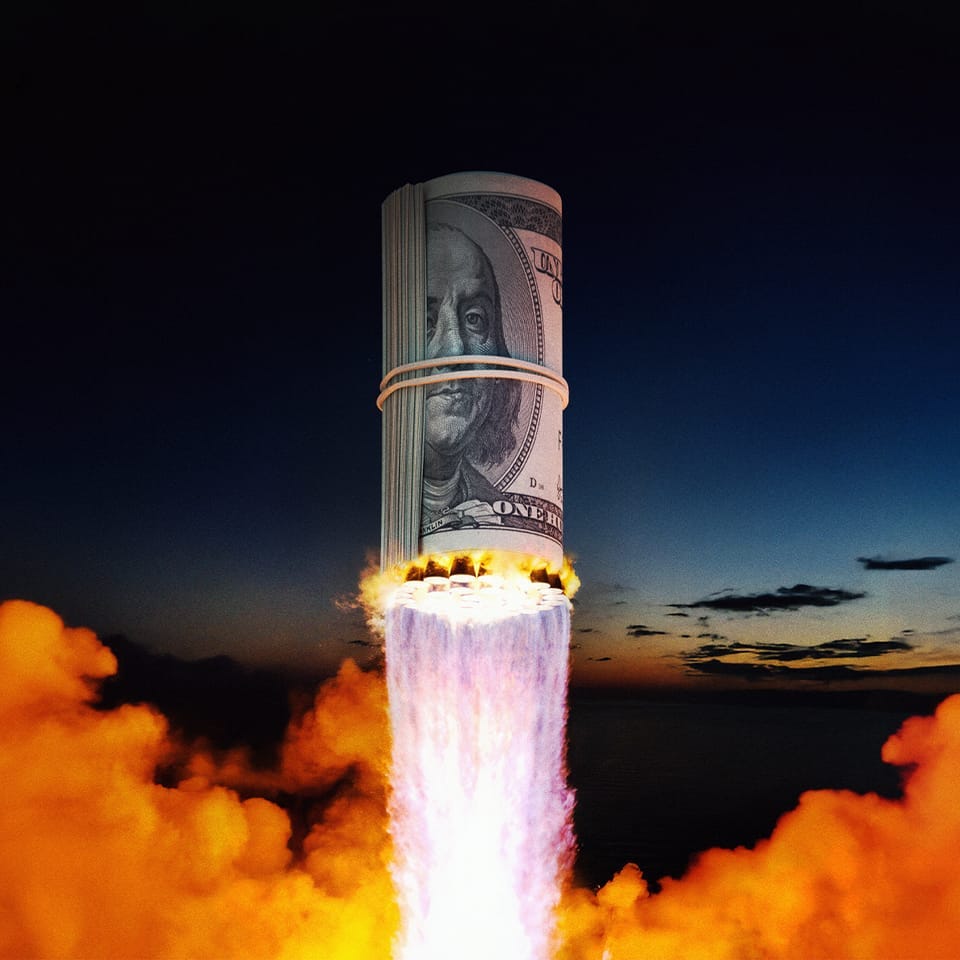Why Are Americans So Rich?
Manage episode 446645882 series 3549275
Today I talk with Callum Williams (follow on X), senior economics editor for The Economist. I was honored to have Callum on, as I consider The Economist perhaps the most indispensable news source we have. Their latest issue, on the US economy as the envy of the world, forms the basis of our discussion. After talking a bit about what it is like working for The Economist and its ideological orientation, we get into the issue of why the United States is so much richer than Europe. This question has two components: the historical American advantage, and also our unusually strong recovery from the great recession and Covid, the two main economic shocks of the twenty-first century.
Americans have been blessed in terms of both culture and policy. We have a common language, and the cultural differences between various parts of the country are relatively small. Moreover, while Europe has done a good job of creating an integrated single market for goods, there are still substantial barriers to trade in services, which make up the majority of a modern economy. Rigid labor laws also remain a problem. During covid, the United States was more willing to just directly give people money, while Europeans focused on trying to protect already existing jobs.
In addition to talking about economic data, we also explore why current perceptions of the economy in the US are so negative. The two main theories we discuss are the idea that this is about inflation and that there is a general pessimism that has arisen in the culture.
Later, we shift to the surprising state of the Russian economy, which has done a remarkable job of weathering the sanctions placed upon it. Finally, there is a discussion about Callum’s idea that states have become “lumbering leviathans,” today spending more money on pensions and entitlements and less on the greater good.
Callum recently became a father, and so we talk some parenting in the end, along with a bit on the upcoming election, including what I call Gribblism.
I have read The Economist for decades, even though before meeting Callum I could not name a single staff writer for the magazine. It is a unique institution, providing the highest caliber reporting from across the world while also avoiding many of the things that make its peer newspapers and magazines less informative and enjoyable, namely identity politics and anti-market bias.
When thinking about the accomplishments of Western Civilization, people will point to things like going to the moon, modern medicine, and the accomplishments of the tech industry. But the epistemic breakdown of the last decade or so has emphasized the degree to which institutions that simply provide factual and relatively objective information about the world cannot be taken for granted. And even among media outlets that are generally honest and good when judged by realistic standards, The Economist truly stands out. One of the best things about writing for the public is getting to meet people like Callum, and I look forward to having more discussions with him in the future.
Links
Callum on X
The Economist special on the US economy, introduction and first article
The Economist on Russian resilience to sanctions
The Economist on governments as “lumbering leviathans.”
The Economist on the failure of European leaders to create a single market. Video on the small market problem (joke)
Me on Critical Age Theory
21 επεισόδια





